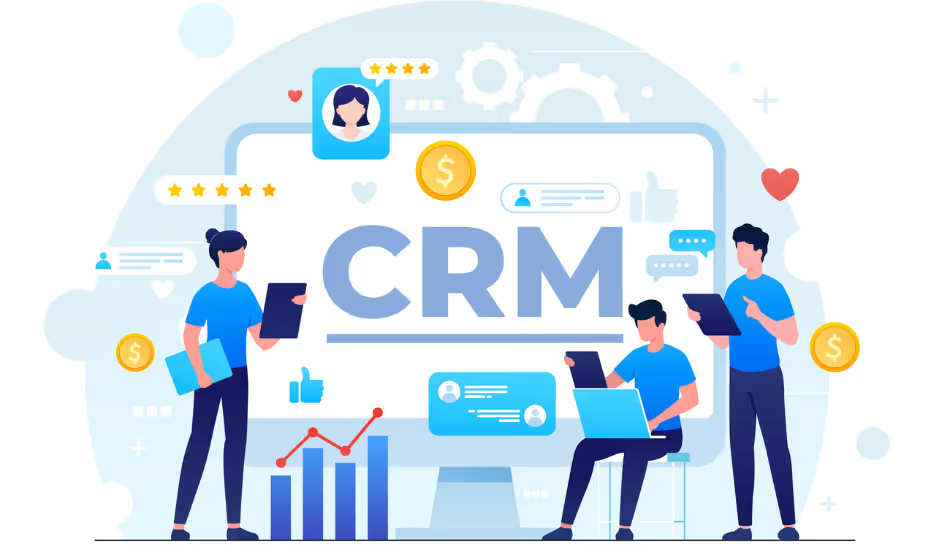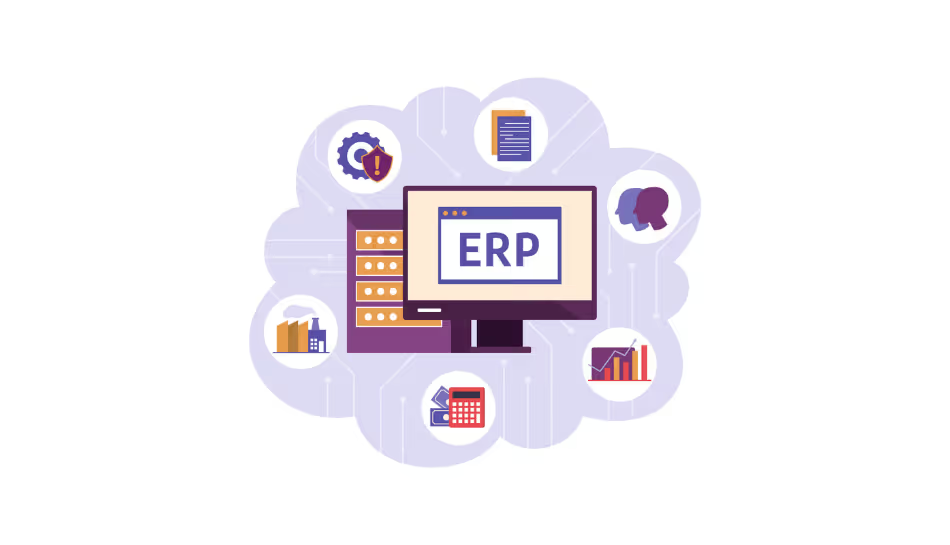
In today’s competitive market, managing leads, tracking sales performance, and building long-term customer relationships are essential for sustainable growth. That’s where a sales CRM (Customer Relationship Management) system steps in. Whether you’re a small business or a large enterprise, a CRM system tailored for sales can help streamline operations, increase productivity, and improve conversion rates.
But what is CRM in sales, and how exactly does it impact your bottom line?
What is a Sales CRM?- Lead and Contact Management: Store, track, and segment leads and contacts in one place.
- Sales Pipeline Management: Visualise each stage of the sales process and track deals in real time.
- Task and Activity Tracking: Schedule follow-ups, calls, meetings, and emails to ensure consistent communication.
- Email Integration: Sync your email to manage communication directly from the CRM.
- Analytics and Reporting: Gain insights into sales performance, conversion rates, and deal velocity.
- Automation Tools: Automate routine processes such as data updates, email responses and lead assignment.
- Lead Generation and Qualification: A sales CRM helps capture leads from various sources, websites, emails, social media, and more, and scores them based on pre-set criteria. Sales representatives can more effectively focus their efforts and prioritise high-potential leads as a result.
- Personalised Engagement: With access to detailed customer data and history, sales reps can tailor their outreach. Personalised emails, relevant product suggestions, and timely follow-ups significantly improve the chances of closing deals.
- Faster Follow-ups: Sales CRM systems send reminders and automate follow-up sequences, ensuring no lead is ever left unattended. Timely responses build trust and move prospects through the funnel more quickly.
- Pipeline Visibility: Sales managers benefit from real-time dashboards that show where each deal stands. This visibility helps in forecasting revenue, reallocating resources, and removing bottlenecks from the process.
- Collaboration Across Teams: Sales, customer service, and marketing teams may collaborate easily with a centralised CRM. Sharing insights and updates leads to a consistent and cohesive customer experience.
- Improved Productivity: Automating manual tasks frees up time for customer interaction.
- Better Conversion Rates: CRM insights help reps identify the most promising opportunities.
- Stronger Customer Relationships: Understanding customer needs and history leads to more meaningful conversations.
- Higher Retention Rates: Continued engagement and excellent service encourage repeat business.
- Accurate Sales Forecasting: Real-time data allows for more reliable planning and goal setting.
- If your sales team is managing leads in spreadsheets, losing track of follow-ups, or struggling to understand customer preferences, it's time to consider a sales CRM. Even for small businesses, the right CRM system can make a significant difference in day-to-day operations and long-term revenue growth.
- Look for solutions that are scalable, easy to use, and tailored to your industry. Whether you’re in retail, B2B services, or e-commerce, there are CRM platforms built to meet your unique sales needs.
Frequently Asked Questions:
What is a Sales CRM?
A Sales CRM (Customer Relationship Management) is software that helps businesses manage their sales pipeline, track leads, and nurture customer relationships.
How does a Sales CRM improve sales performance?
It organizes contacts, automates follow-ups, and gives sales teams visibility into deal stages, helping close more deals faster.
Can a Sales CRM help small businesses?
Yes, it simplifies lead tracking, reduces manual tasks, and ensures that no opportunity slips through the cracks.
What are the key features of a good Sales CRM?
Lead and contact management, deal tracking, sales forecasting, task automation, and reporting tools are essential.
How does a Sales CRM increase customer retention?
It stores detailed interaction histories, enabling personalized communication and timely follow-ups that build long-term relationships.
Can a Sales CRM integrate with other tools?
Most modern CRMs integrate with email platforms, marketing tools, ERP systems, and communication apps for seamless workflow.
Is a cloud-based Sales CRM better than an on-premise one?
Cloud-based CRMs offer real-time access, automatic updates, and scalability without the need for heavy infrastructure.
How does automation in CRM help sales teams?
It reduces manual entry, automates routine tasks like email reminders, and allows reps to focus on selling.
What’s the ROI of implementing a Sales CRM?
Companies often see better sales tracking, shorter sales cycles, and higher conversion rates, leading to a strong return on investment.
How do I choose the right Sales CRM for my business?
Look for ease of use, customization options, integration capabilities, and industry-specific features aligned with your goals.

